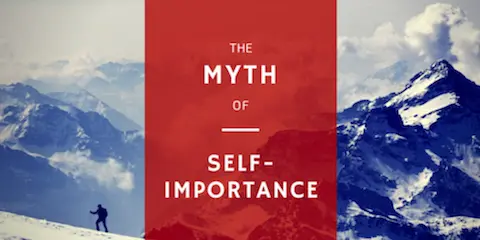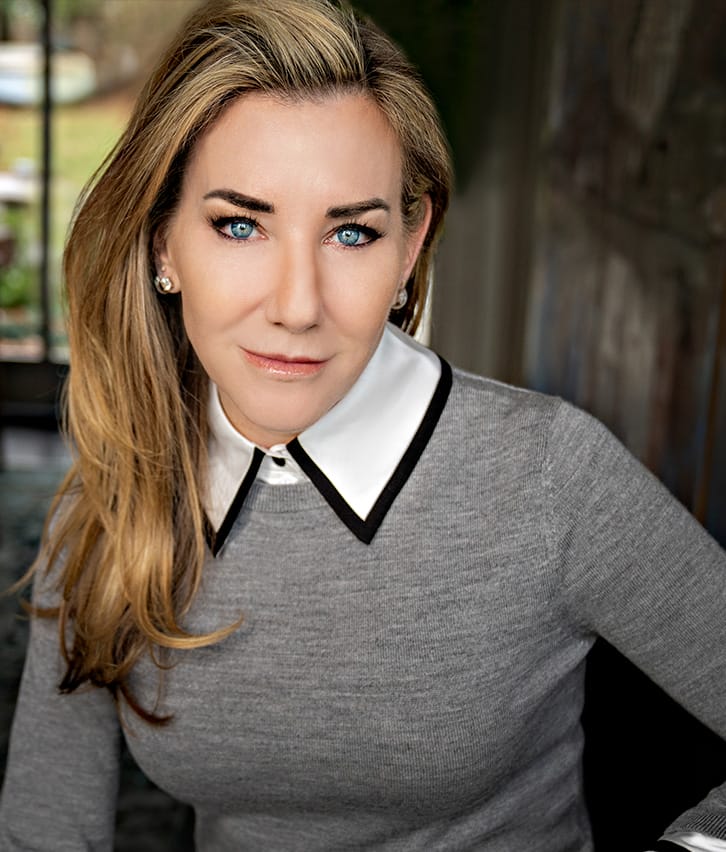A number of years ago, I was unceremoniously handed one of the single best pieces of professionals and personal advice I’ve ever received. Today, I’m going to give it to you. Janitor of a school? CEO of a major Fortune 500 company? Stay-at-home parent? Yeah, it still applies to you.
Are you sitting down? Here it is:
“You’re just not that important.”
Yeah, you heard me. “You’re just not that important.”
At the time I was given this advice, I was building my business, building my family, and building my community, all simultaneously while being all things to all people at all times. Lest you start thinking that this is just another piece about guilt and overwhelm, let me set you straight: I was firing on all cylinders. I was kicking ass and taking names. I was good at it, damn good at it.
I have precious little natural talent or intelligence, but what I’ve got in spades is instinct, grit, speed, and tenacity. I got where I am because I said yes to everything. Say yes today, figure it out tomorrow. That was my modus operandi. So, when it came time to learn how to say no – when the realities of constantly feeding energy into everything with which I’d ever been and still was associated came crashing down – I did some research. All I could find were pieces on “how” to say no (stall, deflect, demure), and “why” saying no is good for you (more time, better boundaries), but nothing really talked about “what” we say no to until that punch in the face: “You’re just not that important.”
The problem is that I love saying yes. There is opportunity in everything, and there is an adventure around every corner if you just look hard enough. But, the truth is that saying yes to one thing means saying no to another. Try as I might – trust me, I have pulled muscles trying – I haven’t been able to bend the space-time continuum. While people often marvel at what seems to be my infinite capacity, time is finite and the choice is binary. And, yet, saying I just didn’t want to say no.
So, now I say yes. But, I say yes only to the things where, in fact, I am that important or that are that important to me. I ask myself four simple questions:
1. Will doing this thing help me? It’s brazenly Machiavellian, ‘tis true. But, it’s as good of a starting point as any. Can I see myself, on the other side of this project/promotion/bake sale/committee chairmanship/sucker punch of an ask, being closer to achieving my set of well-articulated personal or professional goals that of course I have? Do I understand what resources I will earn, as well as their current or future use value? Do I want money, power, access, elevation, or some collection of future favors like a good, old-fashioned Mafia Don? Simply put, what’s in it for me?
2. Will doing this thing help someone else? Some requests pay in nothing more than the psychic karma of helping another human being. These are my favorite requests; the ones I’ll accept every day of the week, rubric be damned. Often fulfilling these requests still benefit you by bringing you to new places, introducing you to new people, teaching you about new topics, or handing you new skills. Consider it the universe saying thank you for paying it forward to another who might never themselves be able to pay you back.
3. Will doing this thing bring joy? Yeah, that’s right. Konmari the shit out of those requests. Be ruthless. If it doesn’t benefit you, and it doesn’t help someone else, and it doesn’t cause you joy, it’s a nonstarter of a no. But, if it causes you joy, then throw caution to this wind and say yes. You’ll figure the rest out.
4. Can or, better, should someone else do it? We often say yes simply because we are asked because we feel flattered, guilt-ridden, or trapped. And, let’s face it: quite often we are asked not because we were researched and hand selected as the best man or woman for the task, but because we were simply the most proximate heartbeat available. Subsume your ego, engage your intellect (and your rolodex), and take a back seat if you aren’t the right person for the job.
Fret not, they’ll find someone else; they always do. It turns out that, for some things, you’re just not that important.



